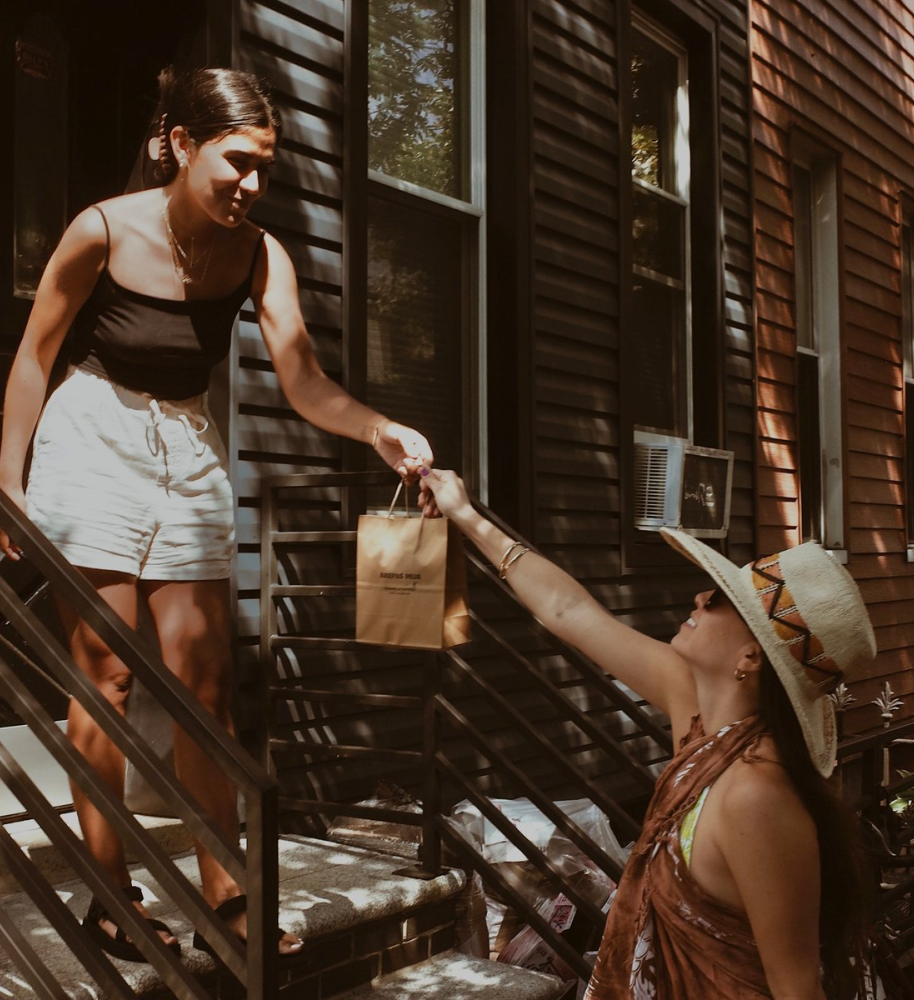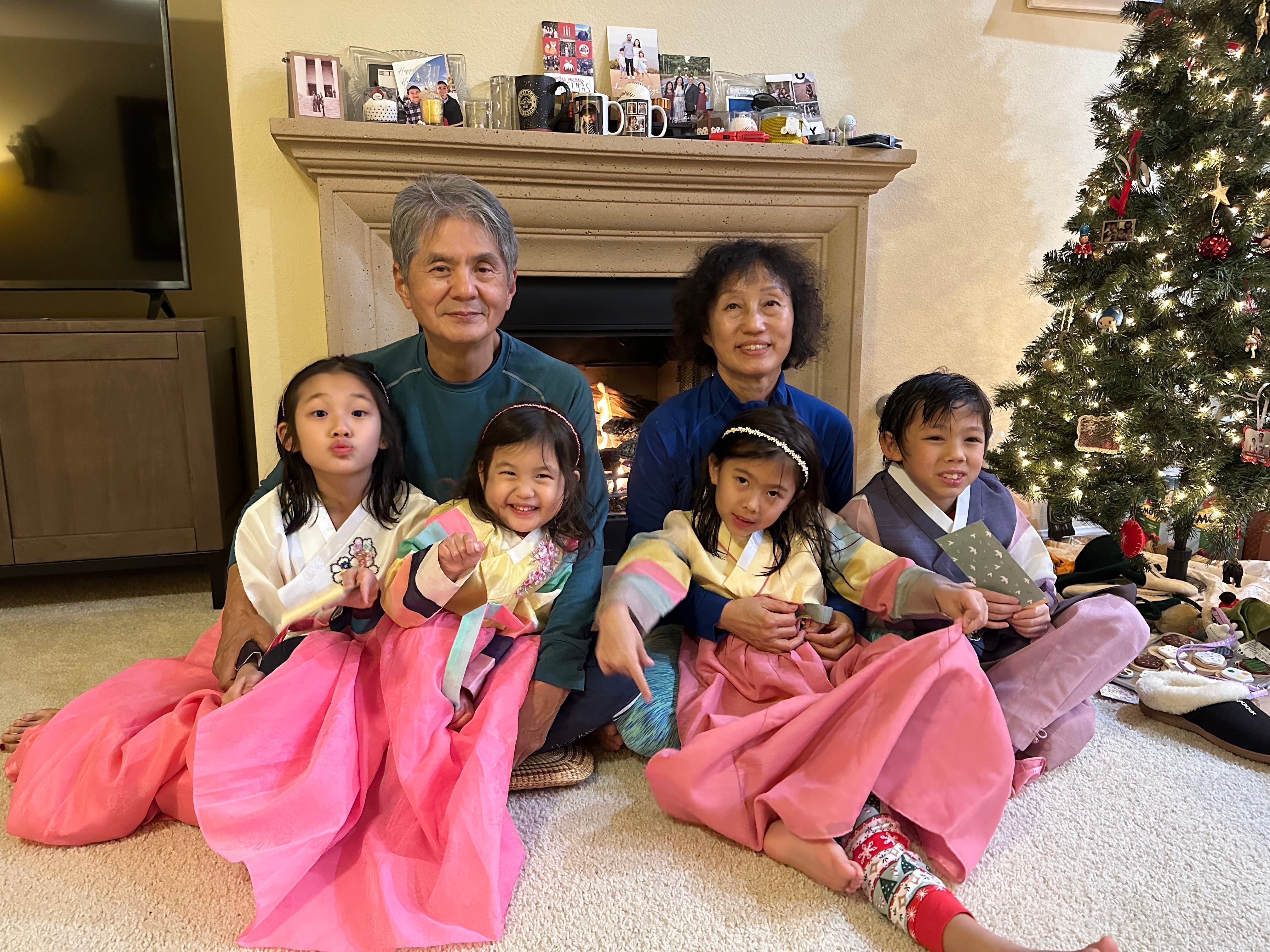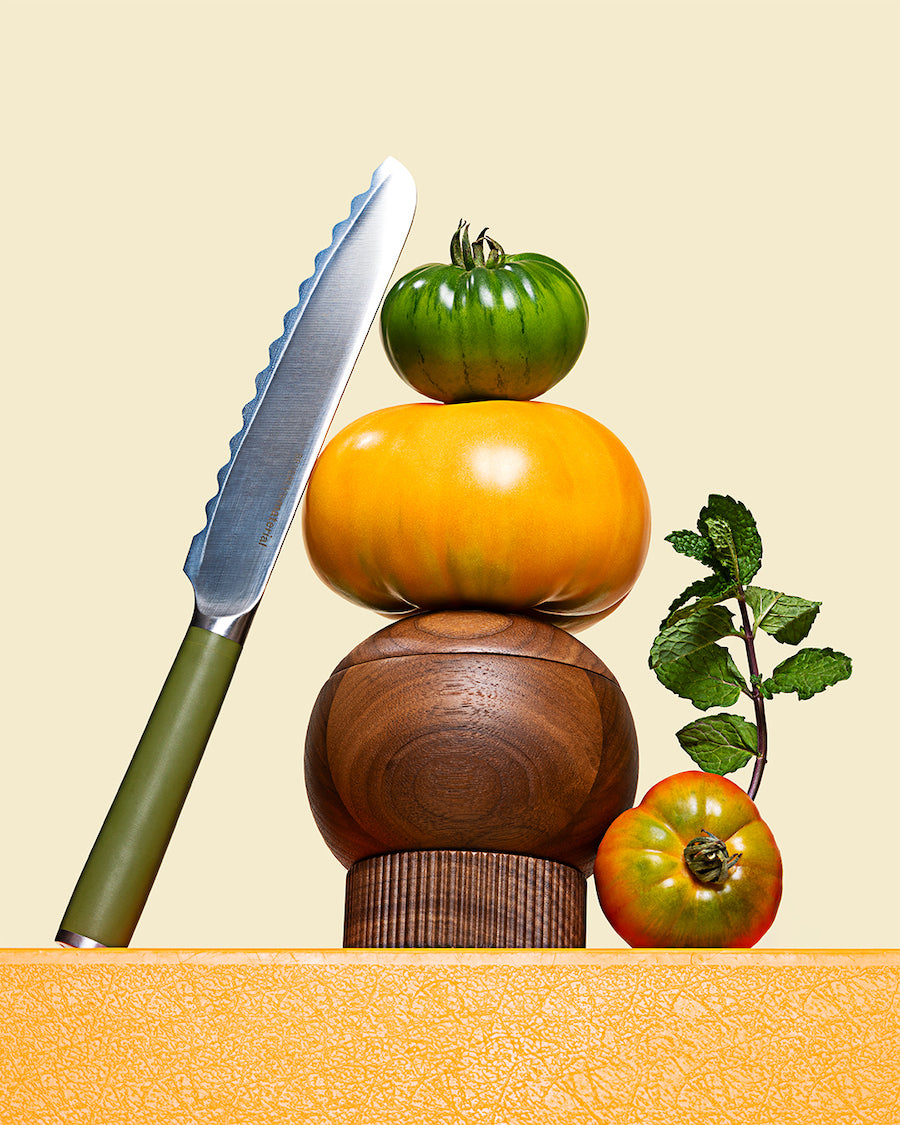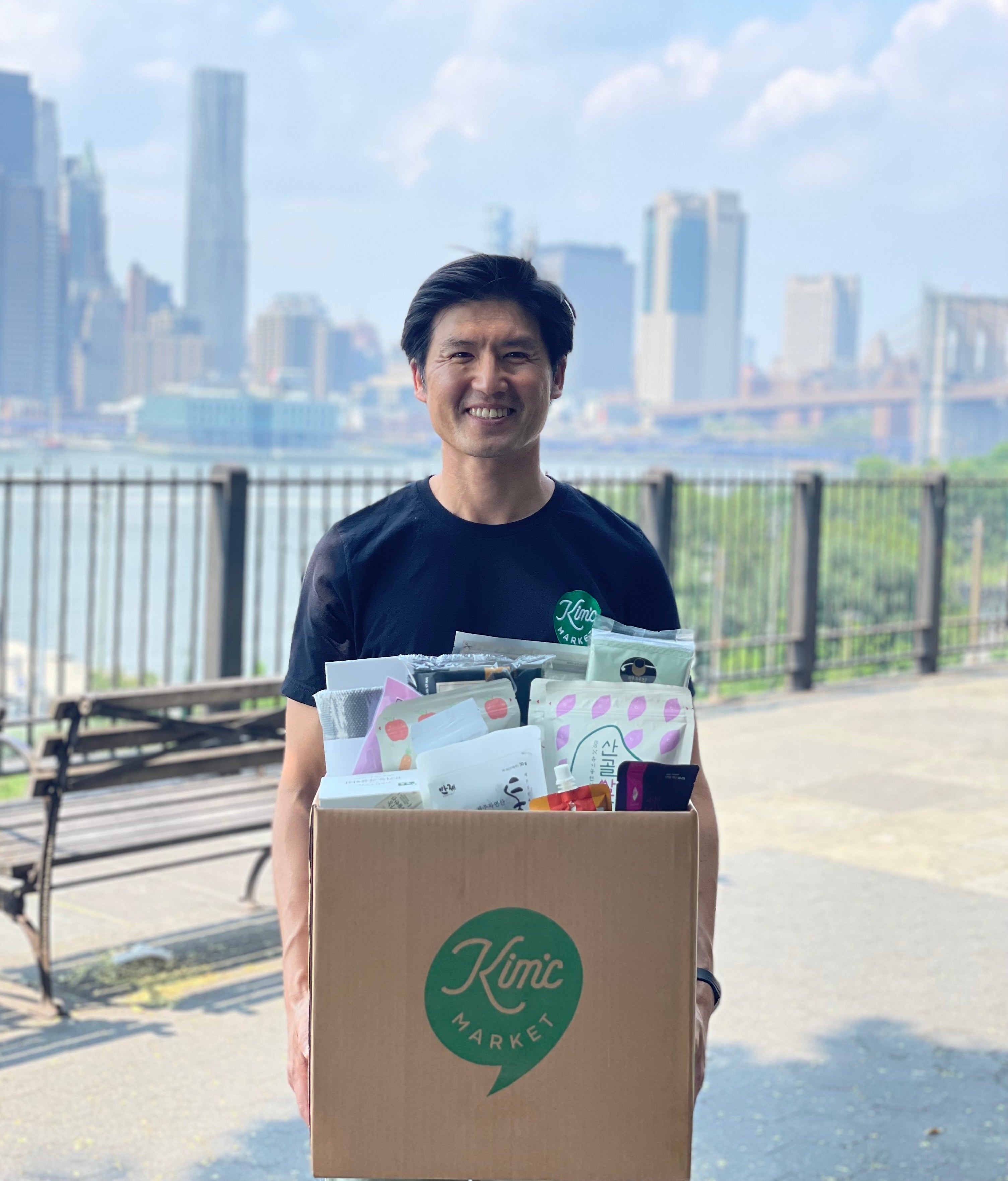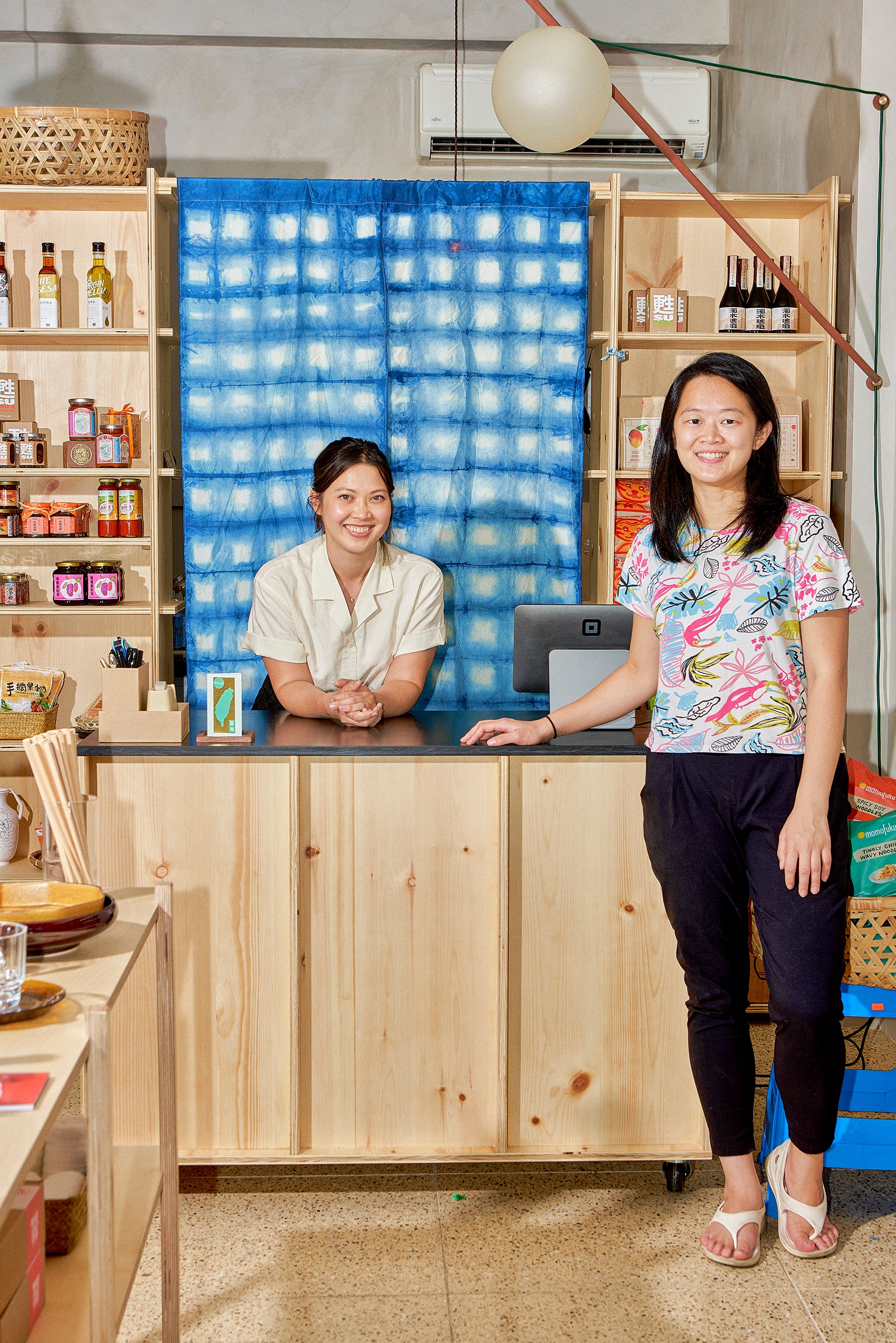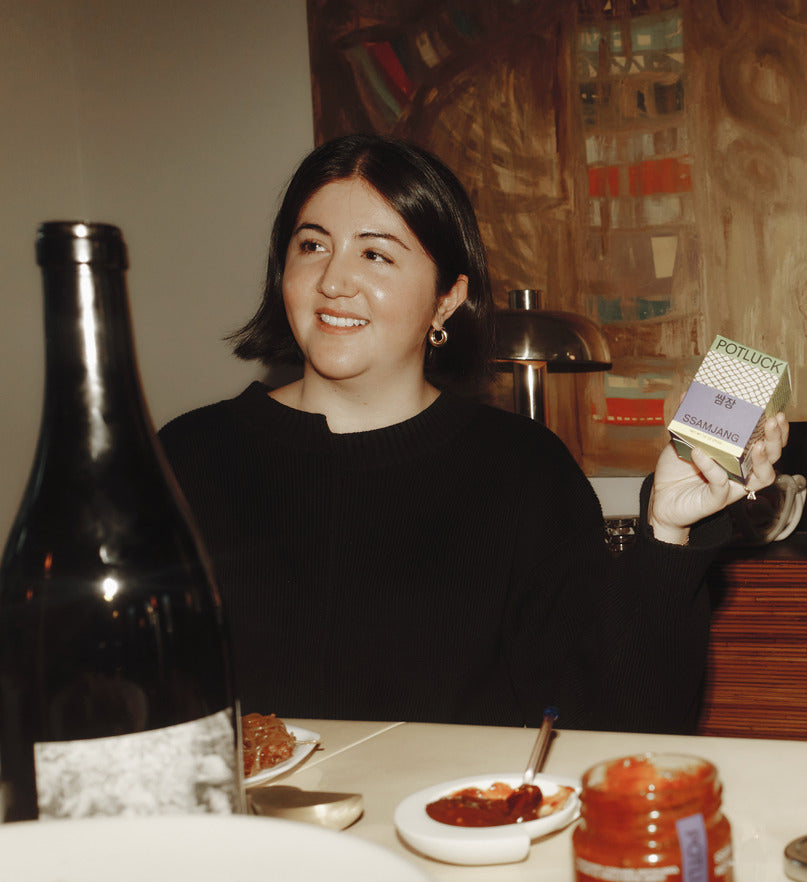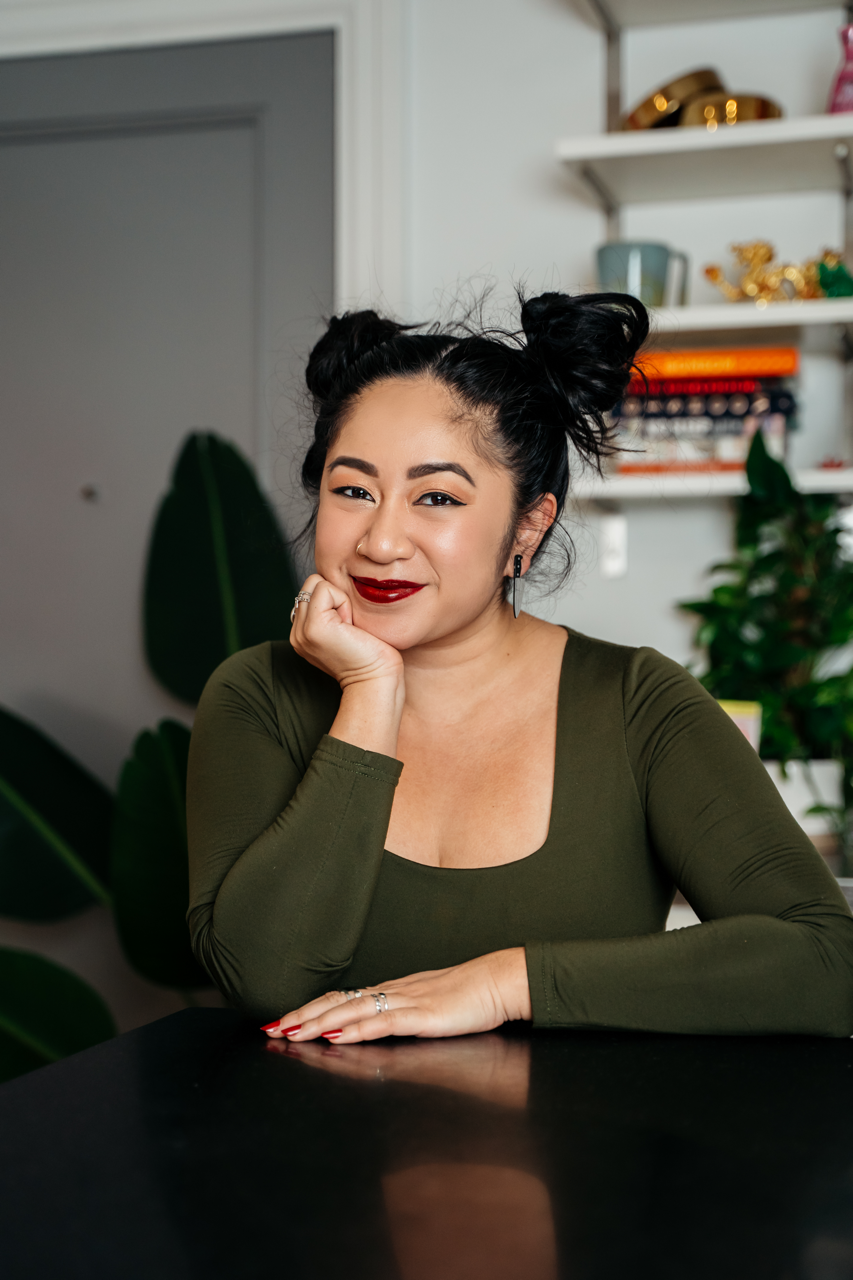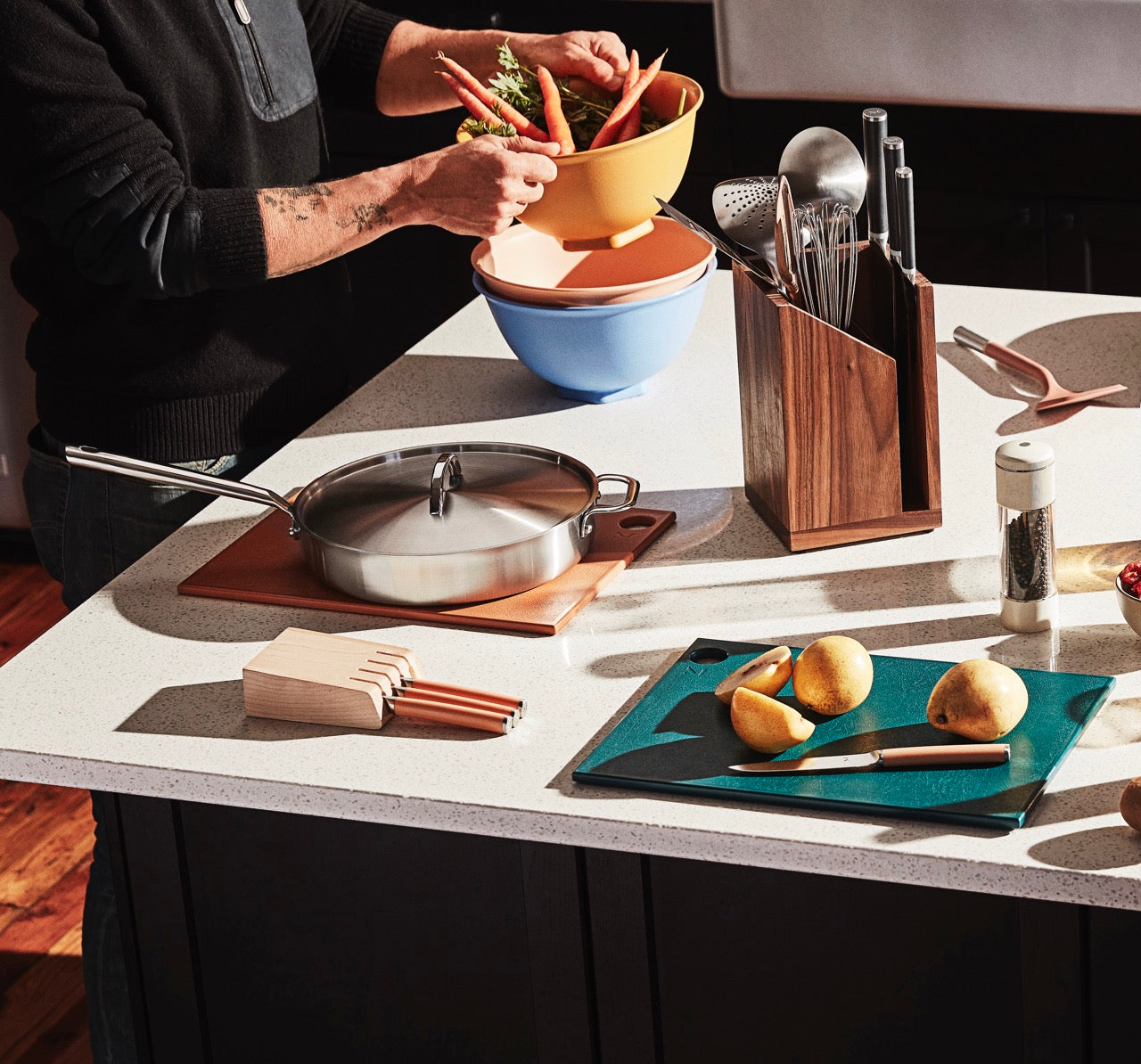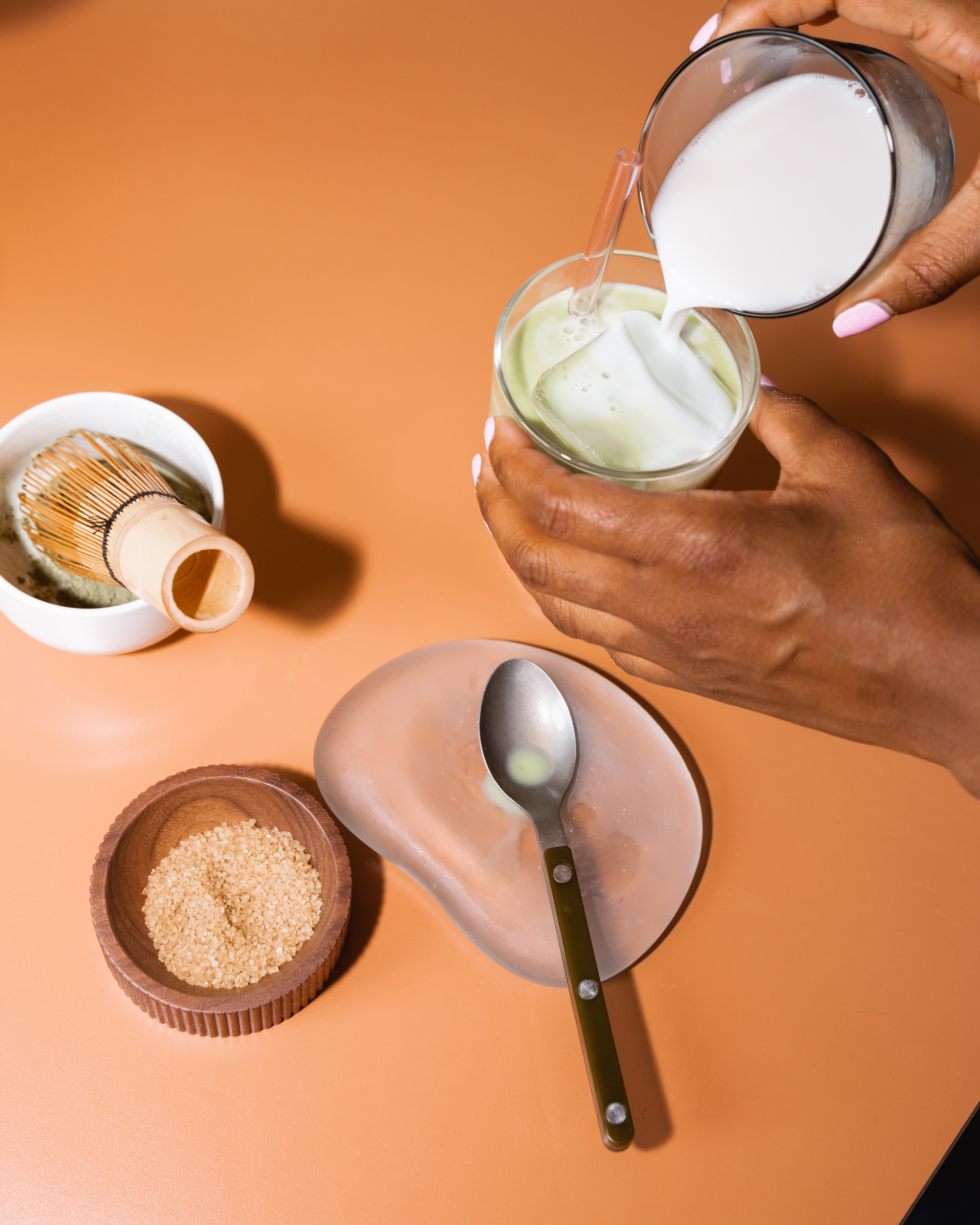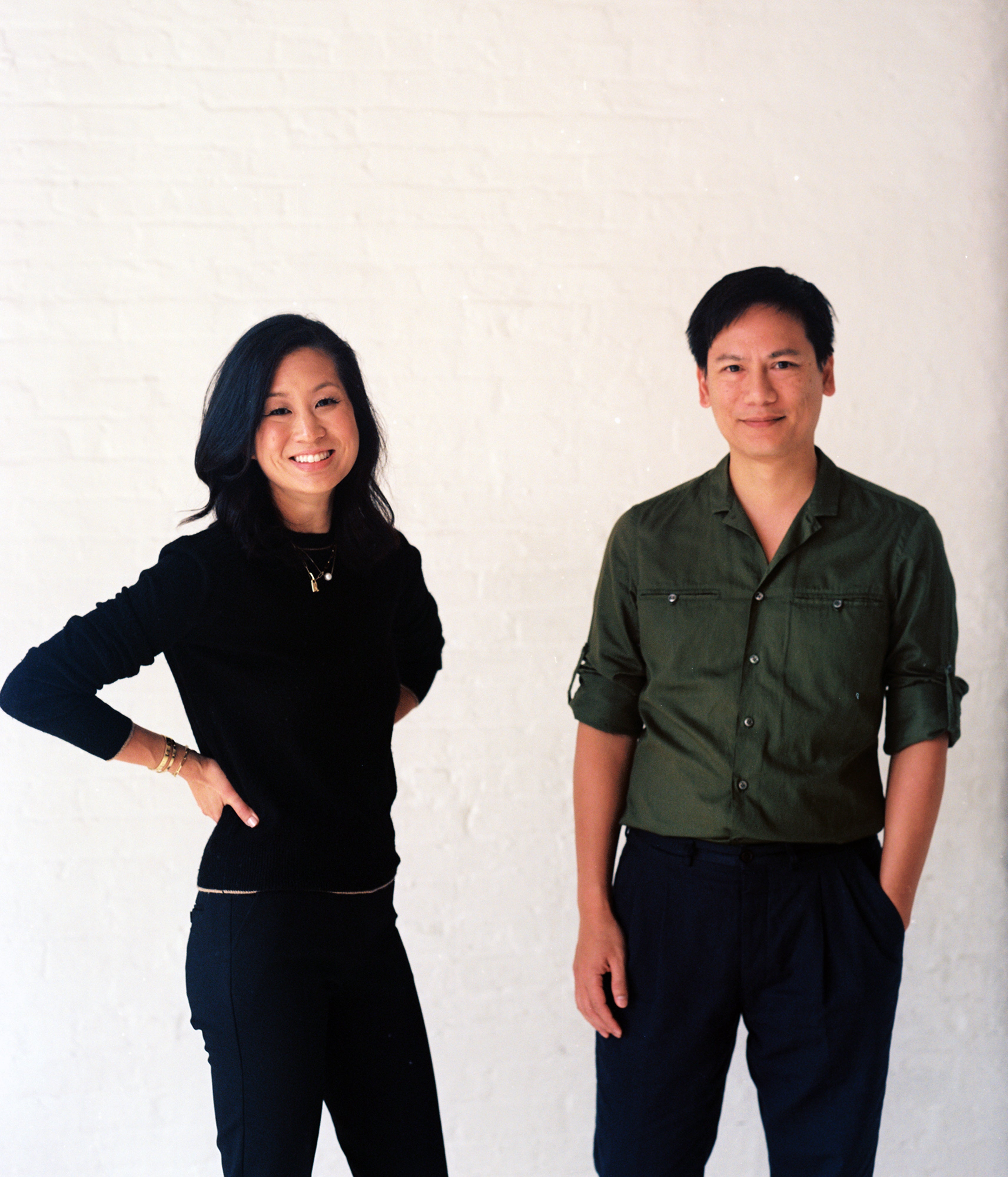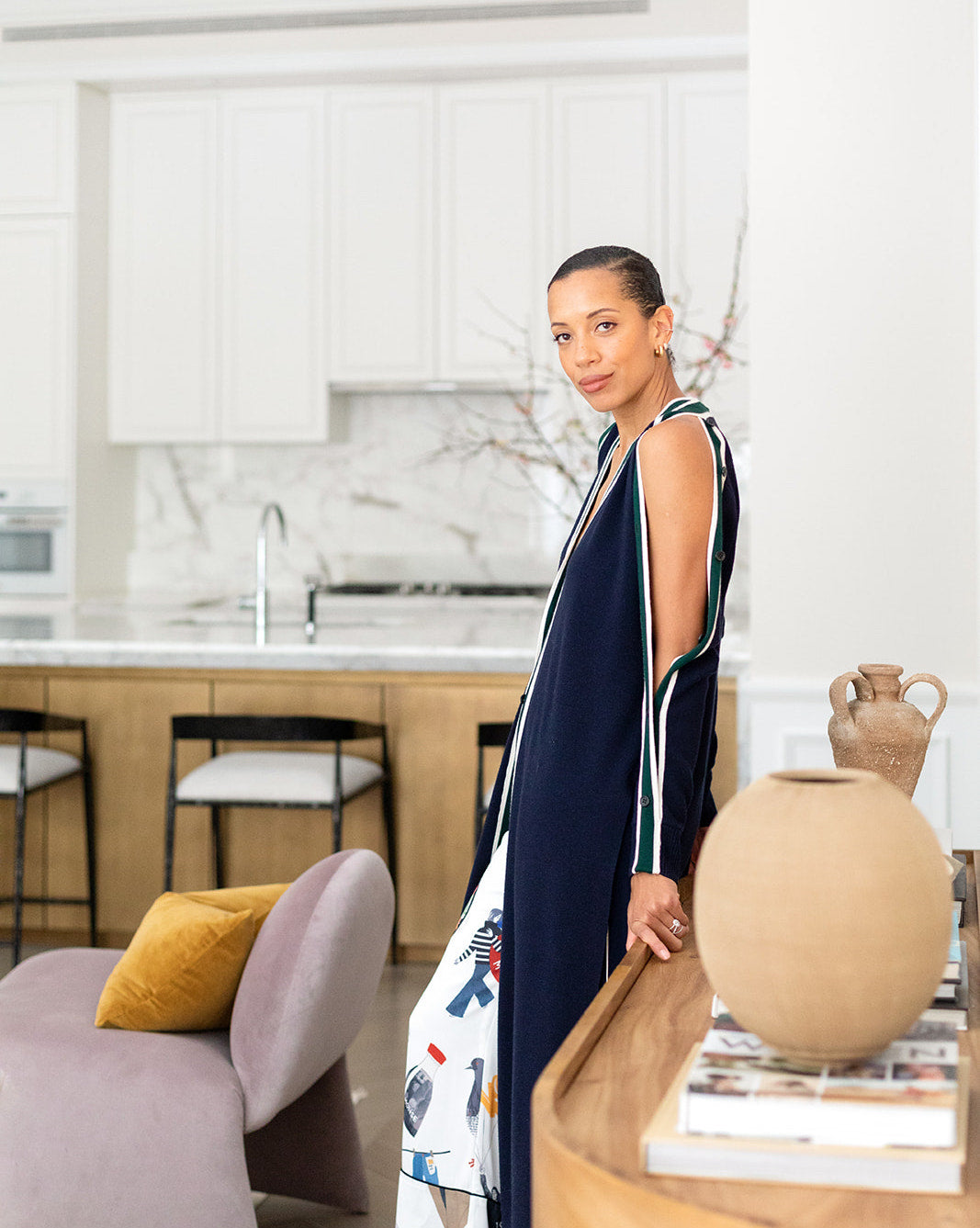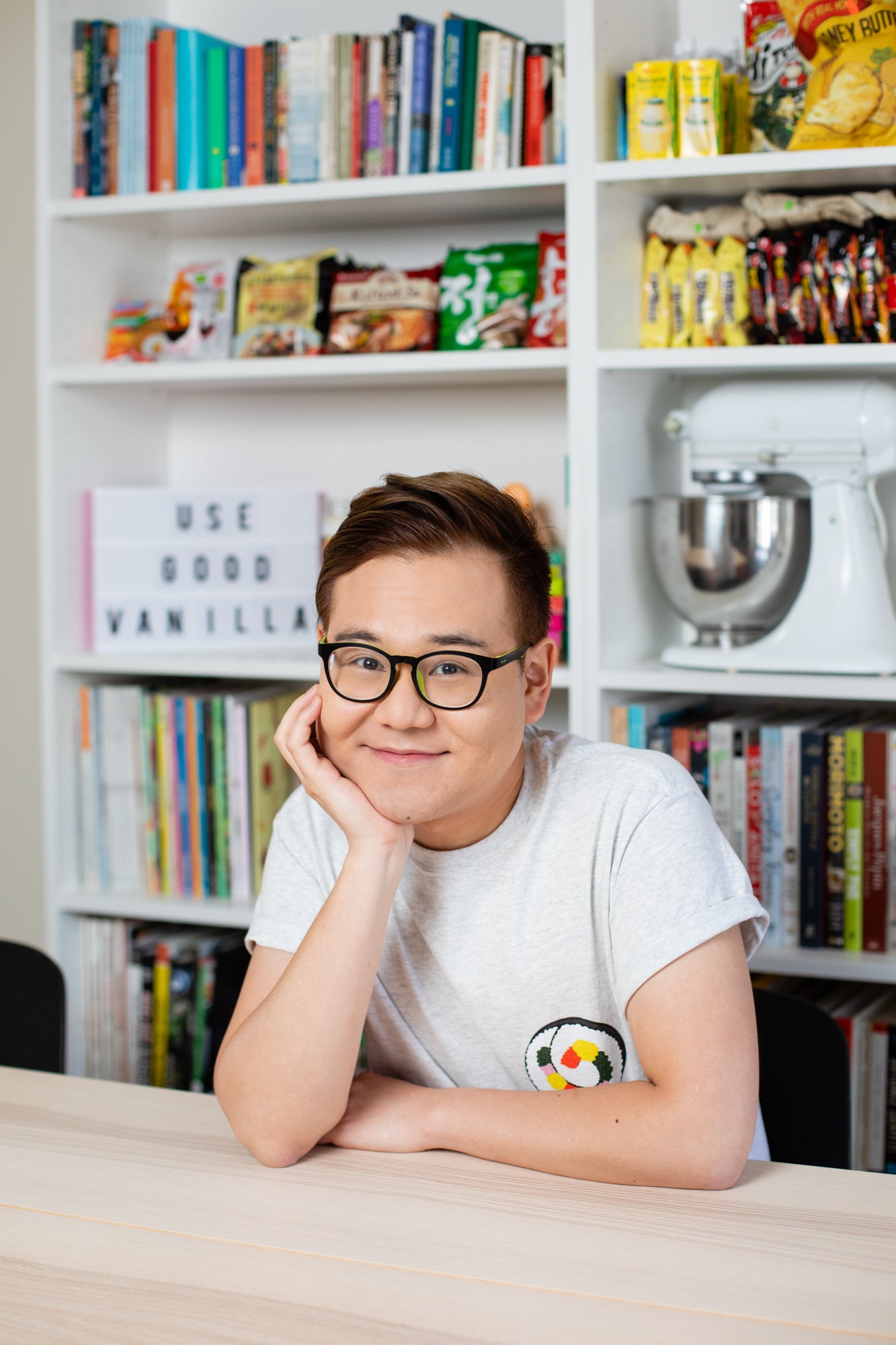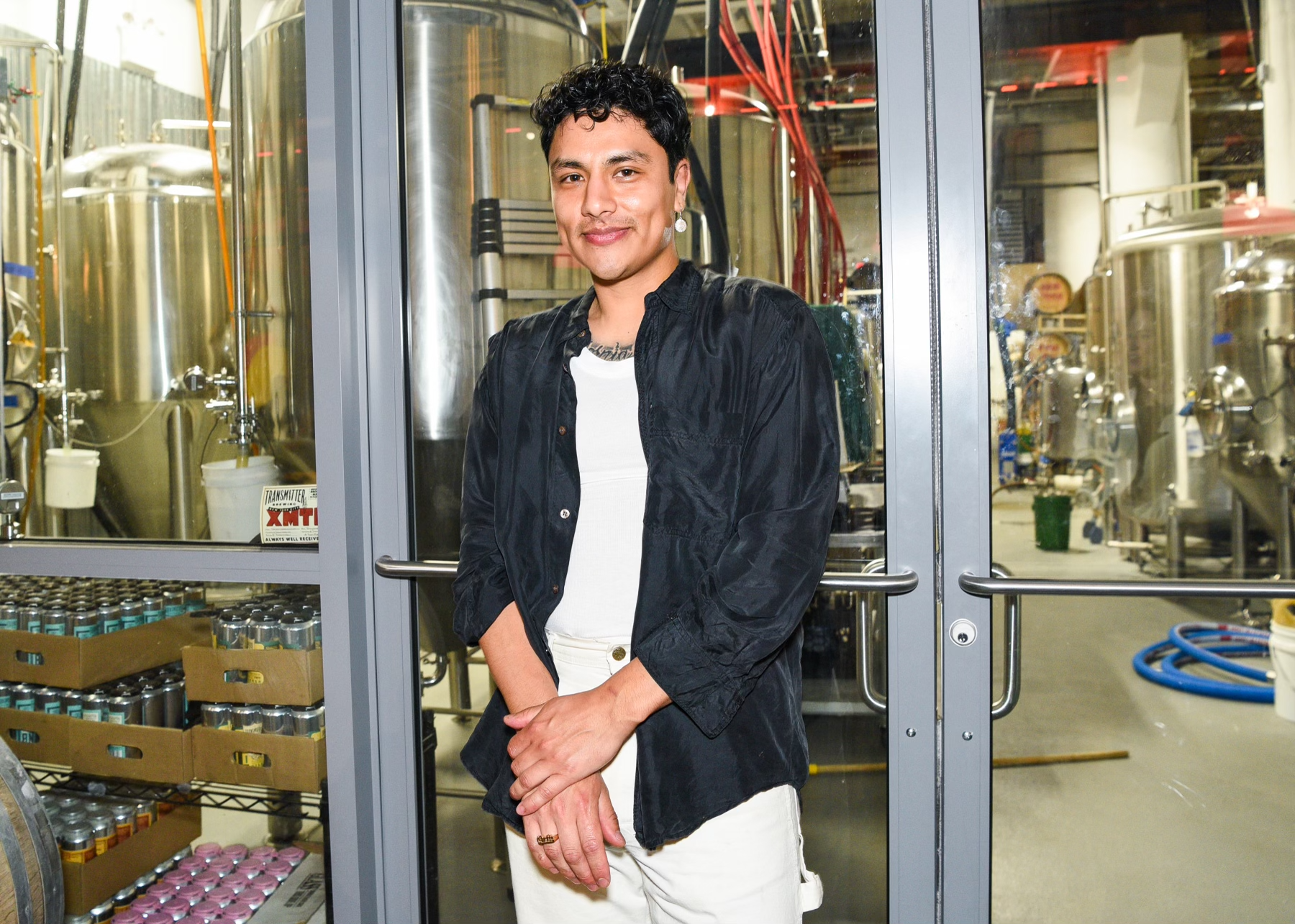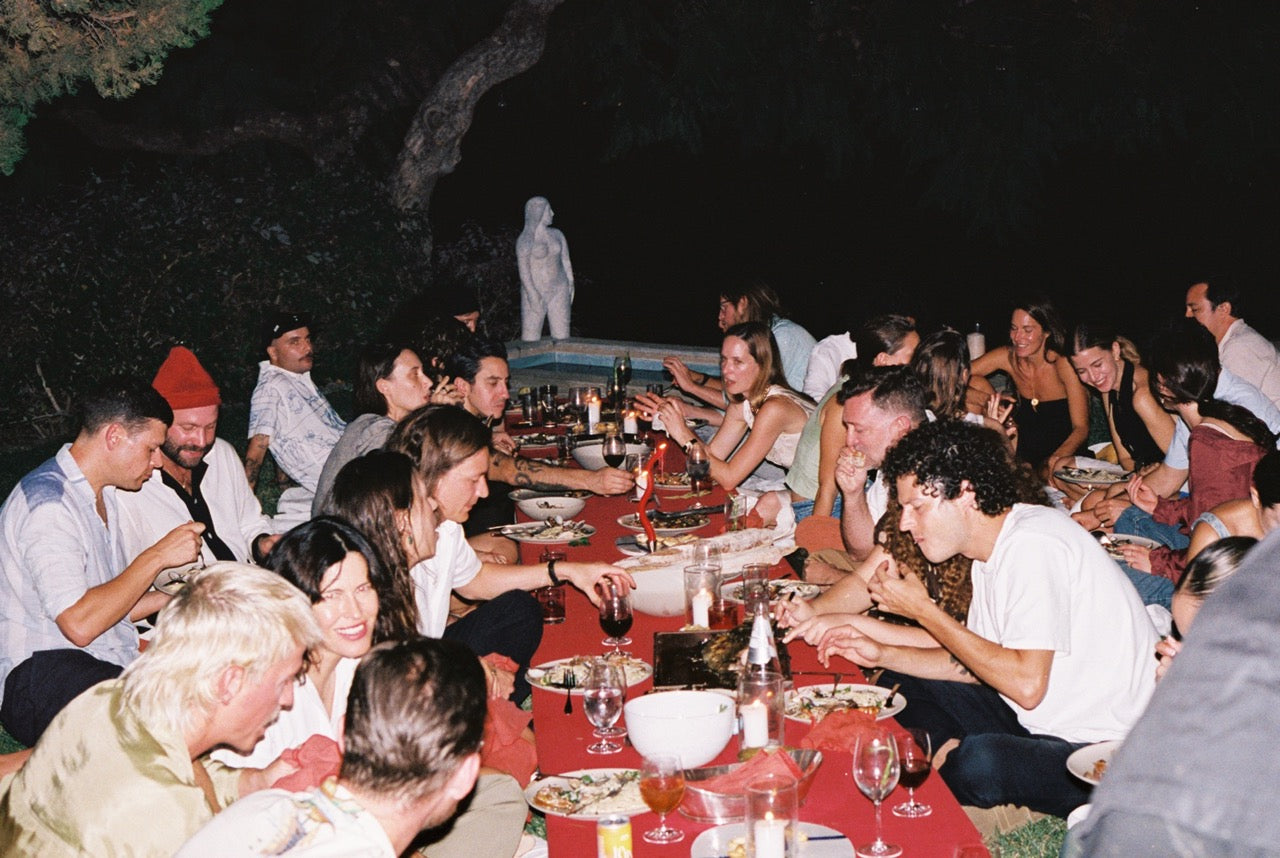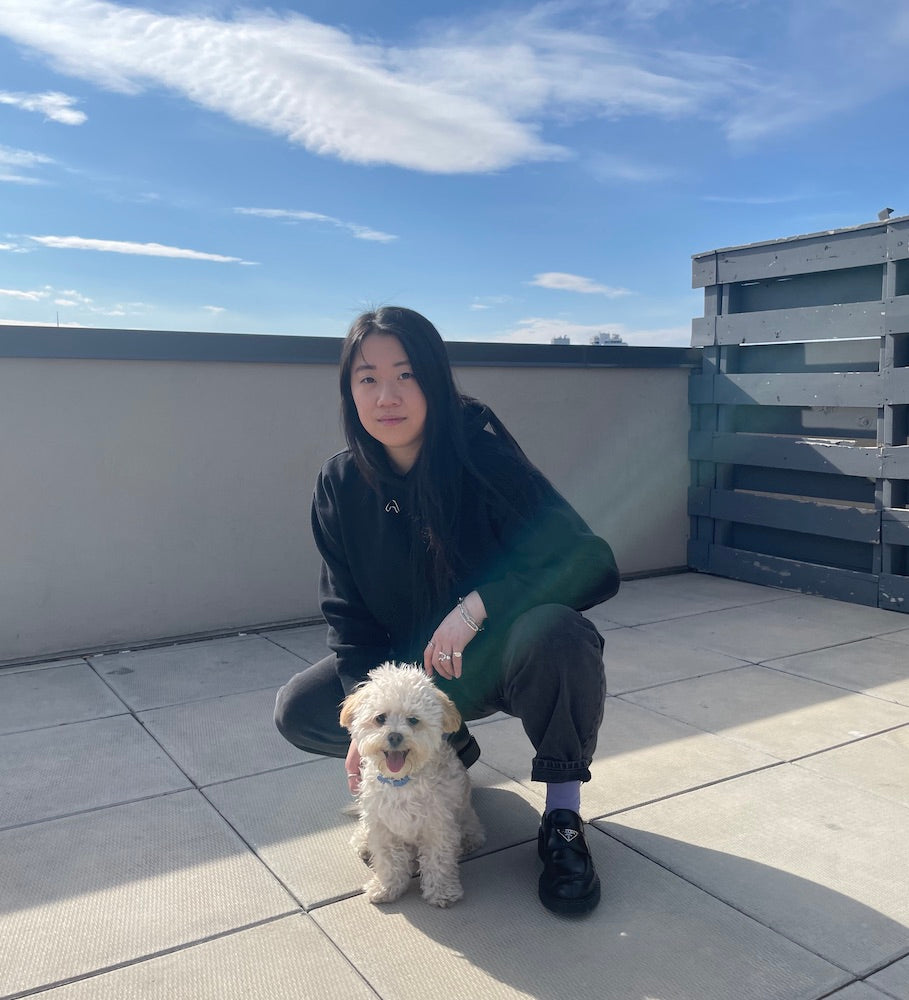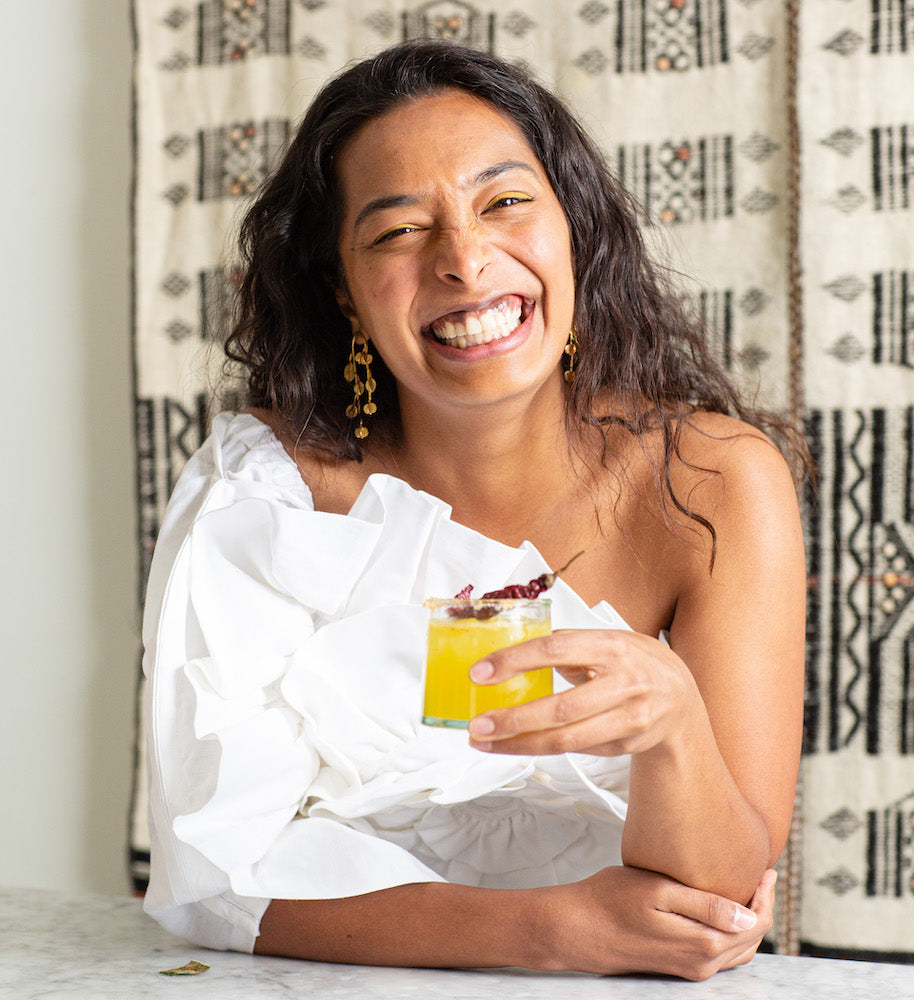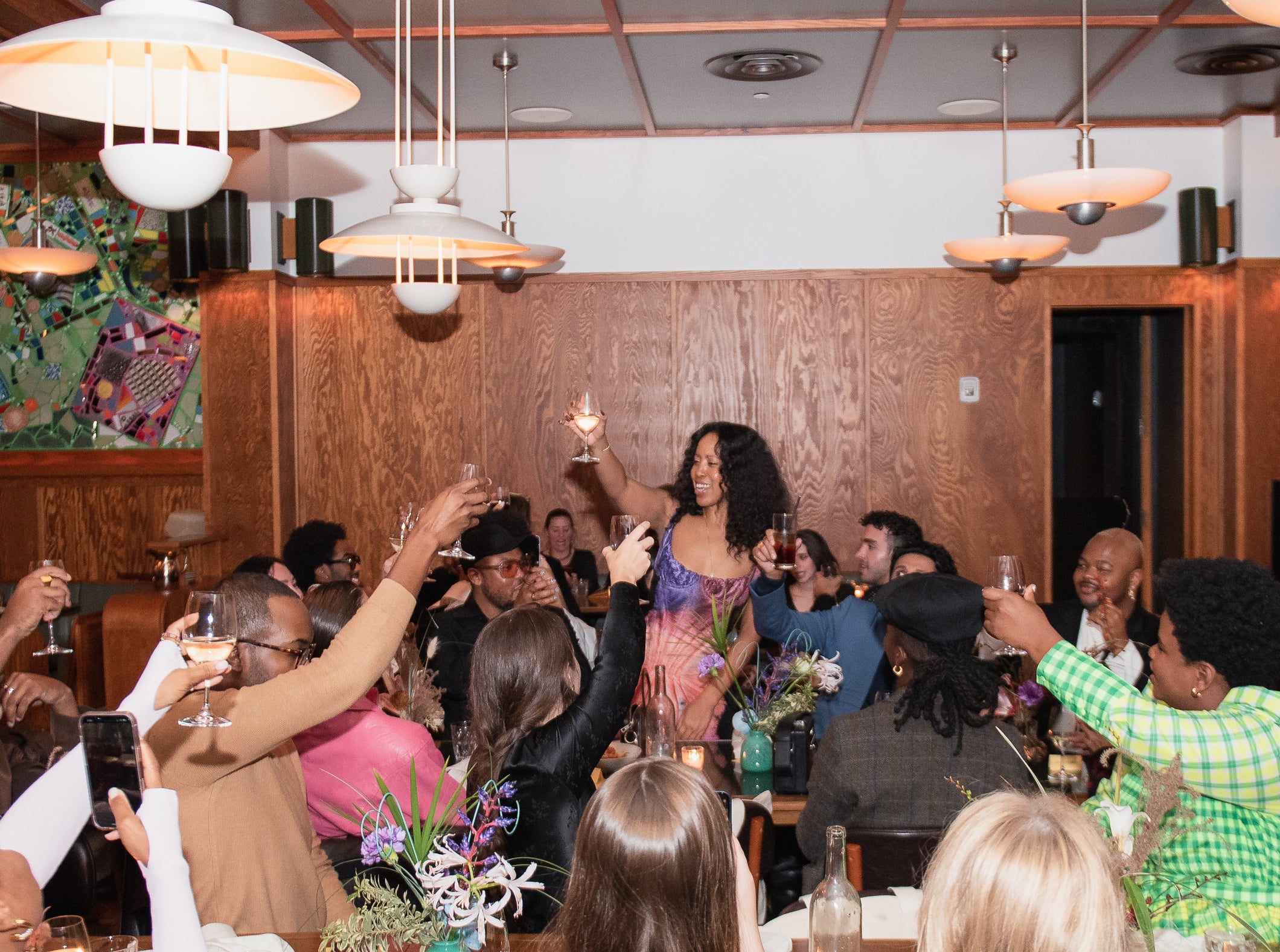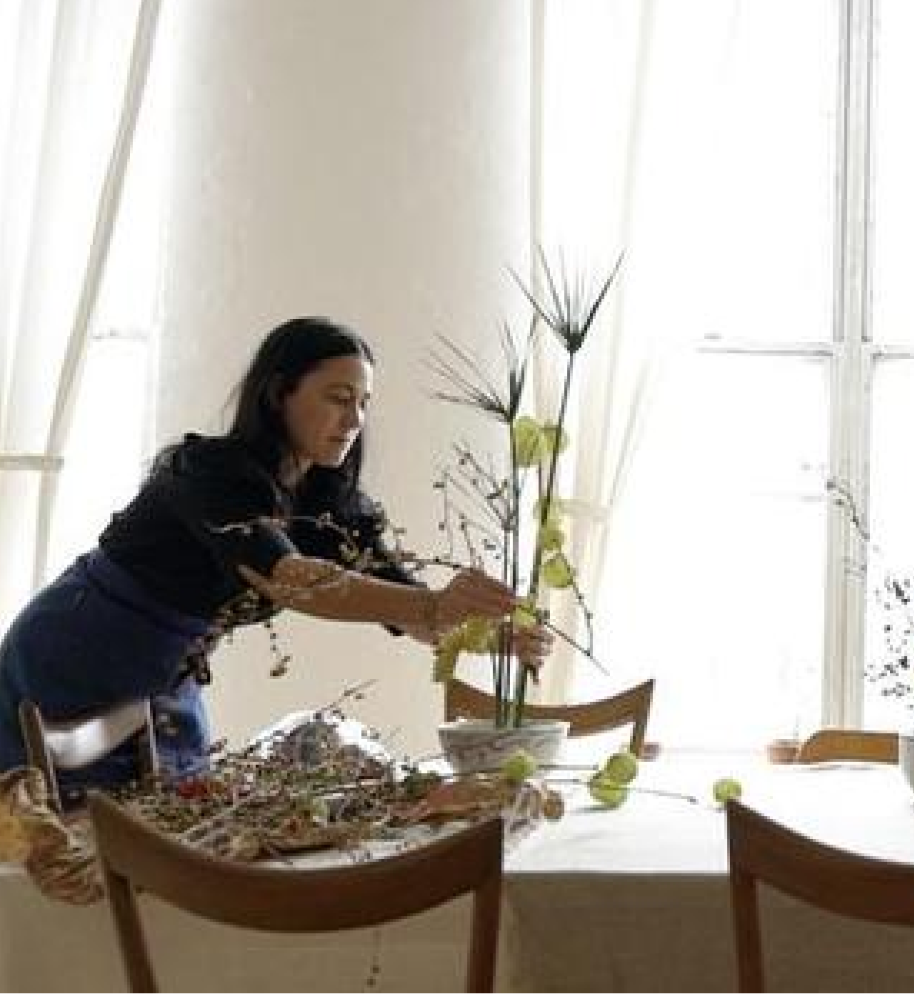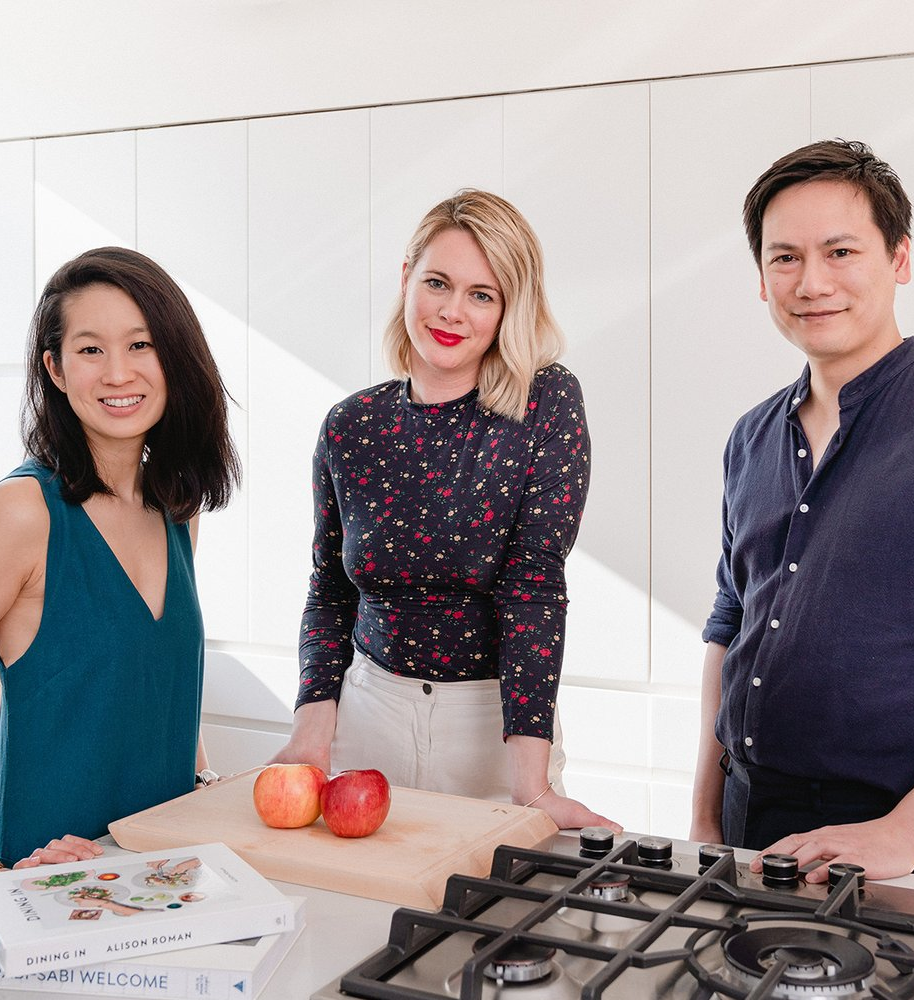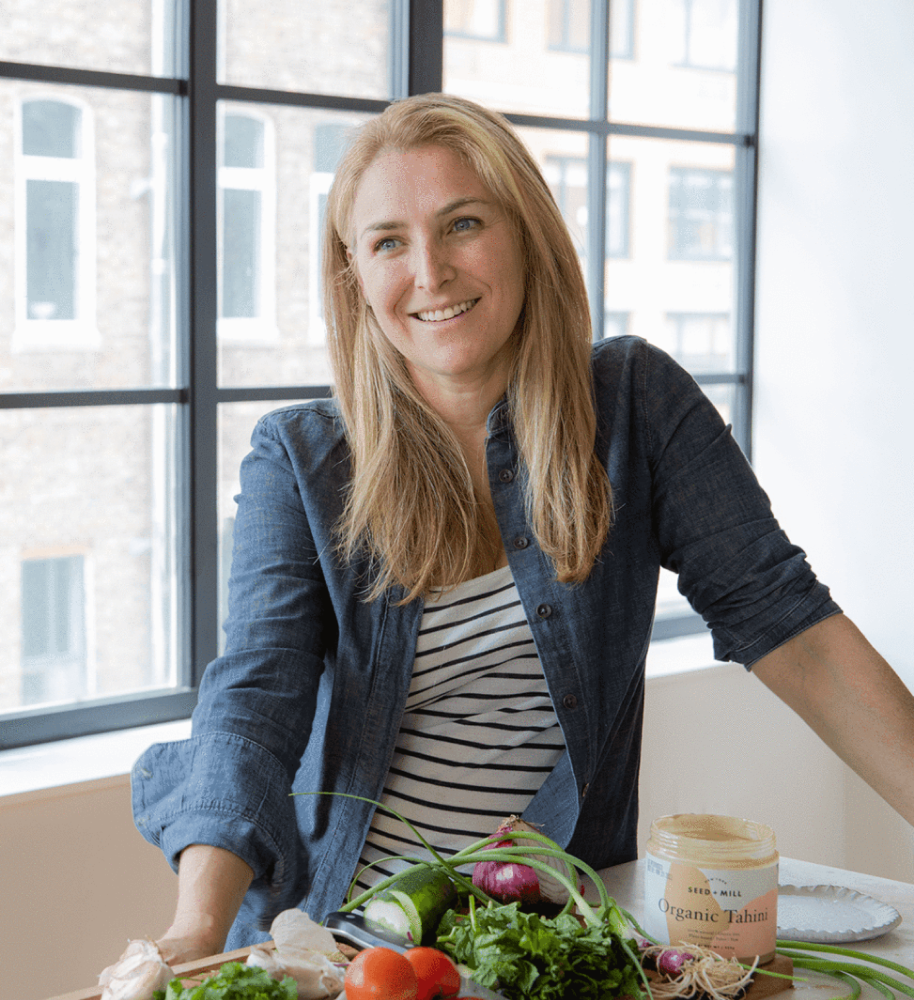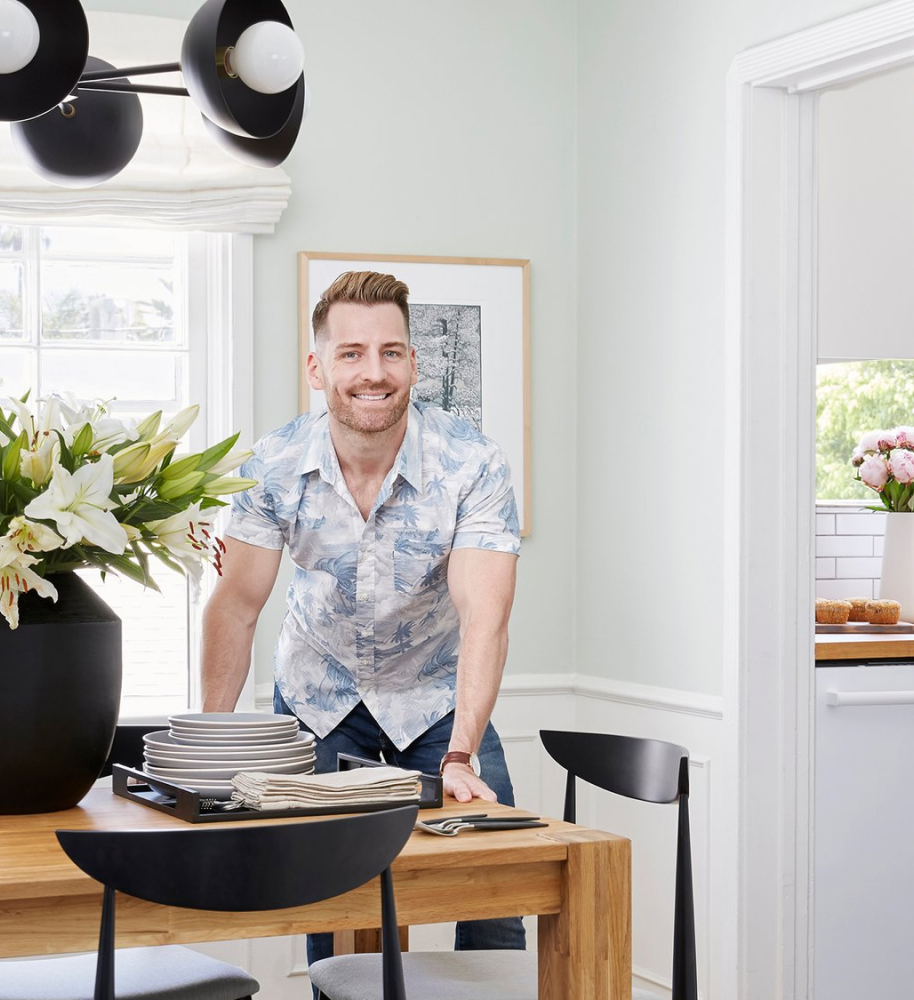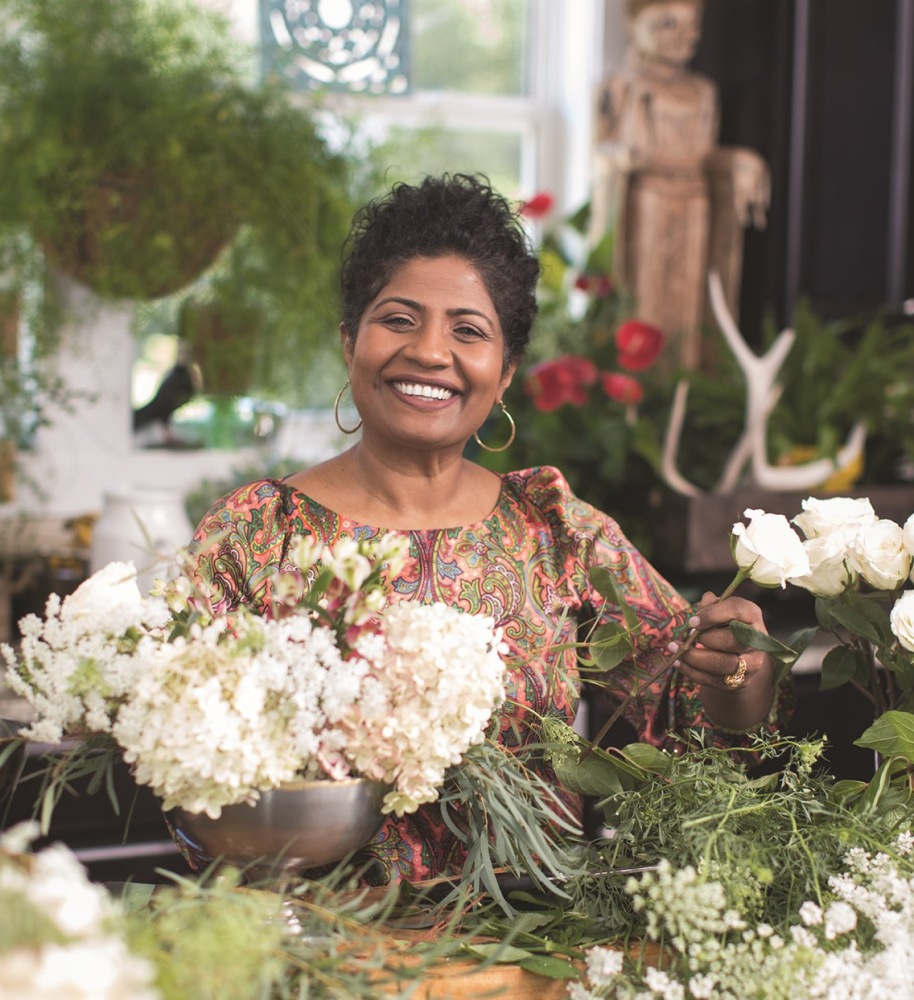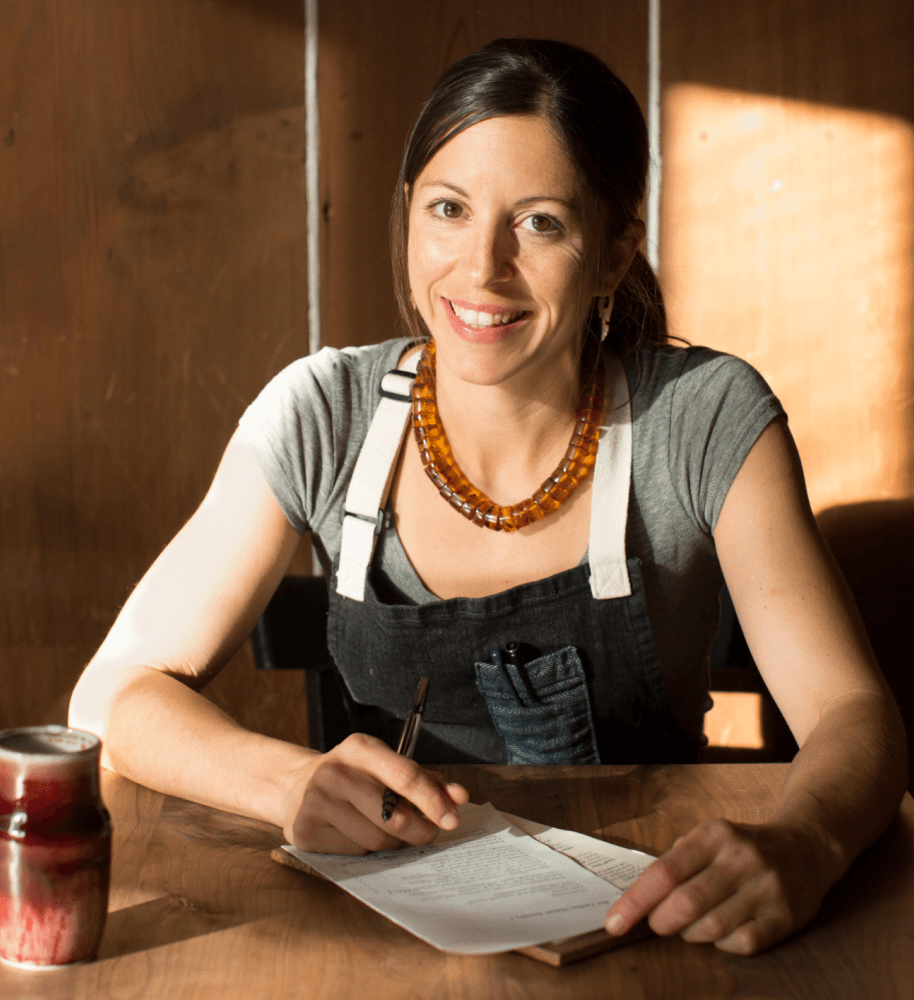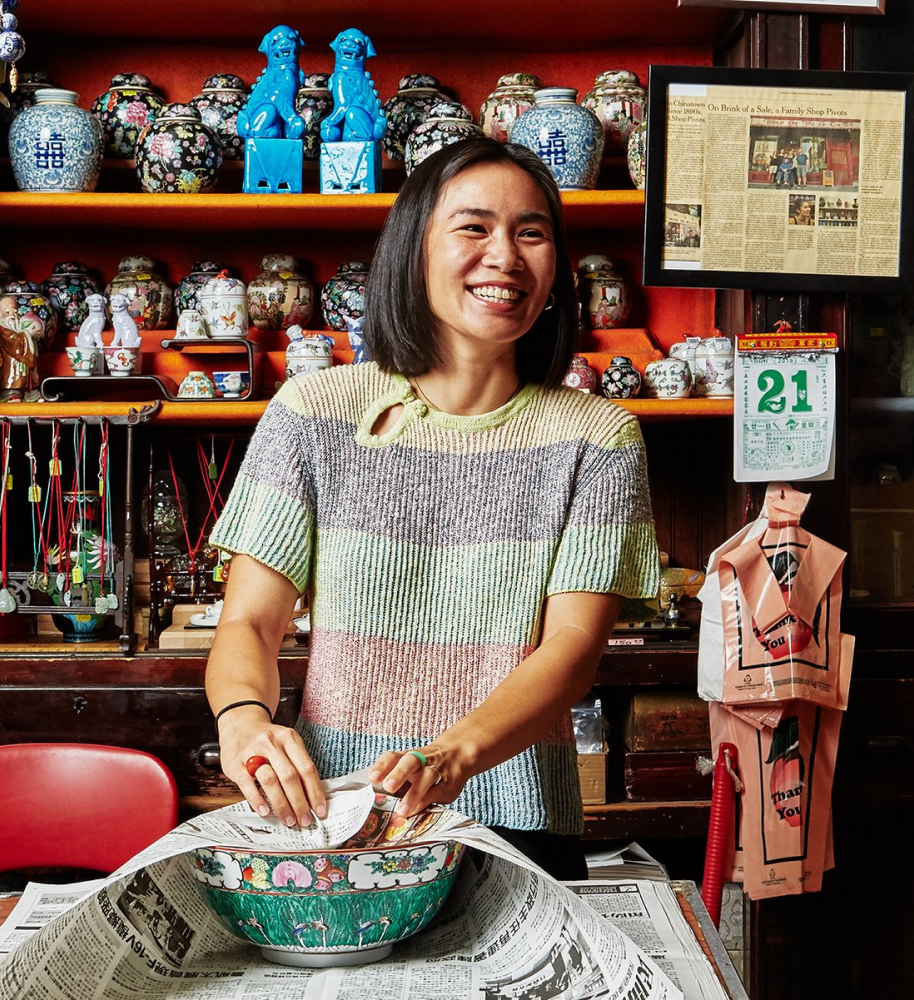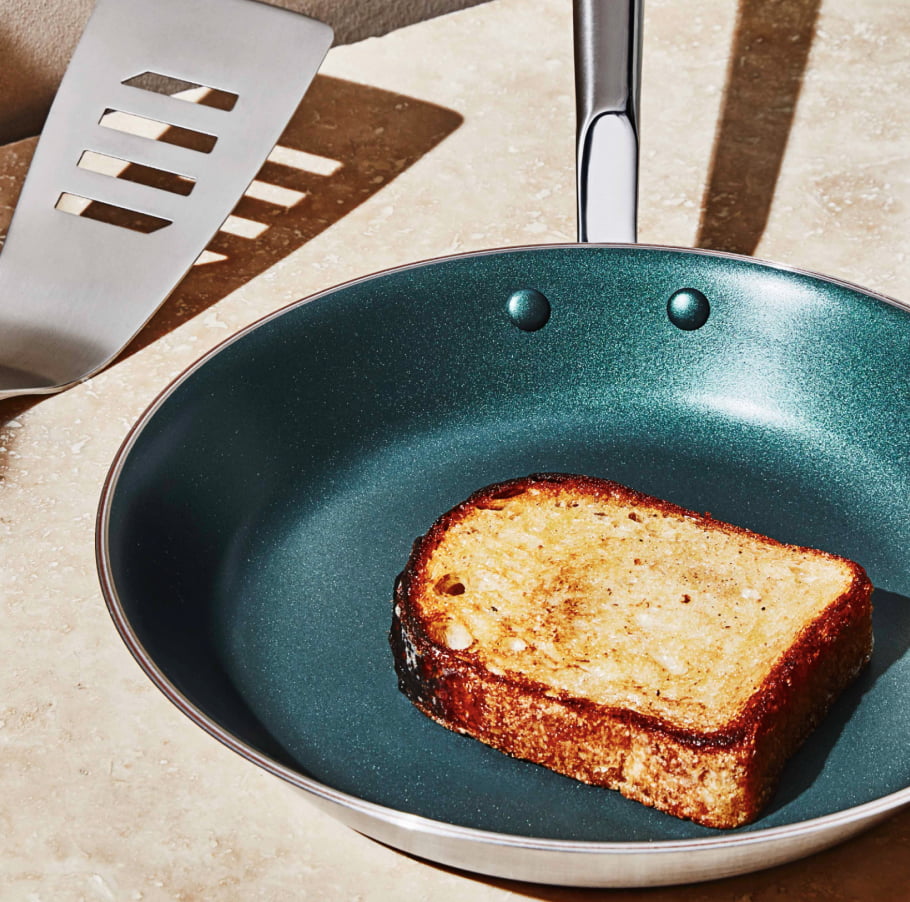Somewhere in Jackson Heights, NY, in the dead of lockdown, Violetta Torres-Barón FaceTimed her tía who was in the process of making arepas. While others fine-tuned their sourdough and banana bread, Violetta learned the 3,000 year old recipe of her Colombian heritage and decided to share it with others—by DM and for a cause.
Q:
What do you do during the day (when not doing this)?
A:
Job-wise: I'm a UX content designer at a tech company. When I'm not working, I spend a lot of time at McCarren Park with my dog (Flan), visiting my family in Queens, or doing yoga in my Greenpoint apartment.

Q:
How and why did you start?
A:
When NYC suddenly went into lockdown I was living with my parents in their apartment in Jackson Heights, Queens. Our neighborhood was at the epicenter of the COVID outbreak because it's working class and the majority of our neighbors are essential and front-line workers. There was so much stress and anxiety even when considering stepping outside of our apartment. So, like the rest of NYC and the world, we tried to find whatever way possible to spark some joy. One day we FaceTimed my tía Esperanza who lives in Miami. At that moment, she happened to be in the process of making arepas in her kitchen. That day I learned how and it became an activity I grew to love. It felt like everyone was perfecting their sourdough or banana bread while I was learning how to make a 3,000-year old recipe.

Q:
What’s the inspiration behind what you are cooking?
A:
I'm Colombian and arepas are iconic in our culture. A large part of my identity as a first-generation American whose parents are both born and raised in Colombia is constantly thinking about how I can preserve my culture and heritage. I'm so proud and grateful of all of the ways Colombian culture has shaped who I am and food is a significant piece of that. Starting Arepas Mija and having a dedicated time every week to physically make something that my ancestors also made feels so fulfilling and magical. It's also been interesting to learn about the history of arepas – very few indigenous artifacts survived the European colonization but arepas are one of the things that did survive. Beyond that, I love sharing the joy and tradition of arepas with my broader community.

Q:
Any mishaps, re-works, real home cook moments you can share about?
A:
Where do I begin, lol. There are several moving parts that go into prepping, cooking, packaging and handing off the order to each customer. As of now, it's just me doing all of it out of my tiny kitchen and third-floor walk up apartment. There's a window of time that each arepa needs to cook for and it really depends on the thickness of the patty. There have been moments where I completely misinterpret the timing of how long each side needs to cook so the arepa ends up burning & that's the worst because I hate wasting any food! Also, because I'm cooking about 10 arepas at a time, sometimes my smoke detector goes off so I have to climb on top of my dining table while the arepas are still cooking and turn it off as quick as possible. I'm still admittedly an amateur at running my own business by myself so all of the mishaps have been huge learning opportunities.

Q:
Have you had a breakthrough moment in your cooking?

A:
Yes – the arepas de choclo, our yellow corn option, are a bit more complex to make because they require more ingredients and it's a delicate balance between sweet and salty. I've been testing different variants of my recipe and finally landed on one I think is great. That's been one of my favorite parts of the journey of Arepas Mija – flexing some creativity with taste testing and getting really honest feedback.
Q:
What’s your hope for this business? Will you keep doing it post-pandemic?
A:
It's a question I get asked A LOT and I don't have a satisfying answer yet because my vision for Arepas Mija is constantly evolving as I learn more about hospitality and what it means to me personally. I absolutely want Arepas Mija to extend beyond the pandemic. In the short term, I want to continue to grow my weekend offerings so that will most likely mean hiring someone to help out in the kitchen. A goal of mine has been to create opportunities for women from my community who may be experiencing a financial burden from the aftermath of the pandemic. Longer term, it's been exciting to explore partnerships with other brands. At the end of June, I'm partnering with First We Feast, Complex's food culture online magazine, to raise money for Colombia, which is going through an unprecedented socioeconomic crisis. And possibly someday exploring more permanent opportunities in the form of food markets, co-op kitchens or even maybe even a storefront (!) The realm of possibilities feels endless right now but at the moment I'm hyper focused on continuing to cultivate a connection with my customers because at the end of the day it's the most meaningful part of this journey for me.

Q:
How can we order?
A:
Follow @ArepasMija on Instagram and DM to make an order!

